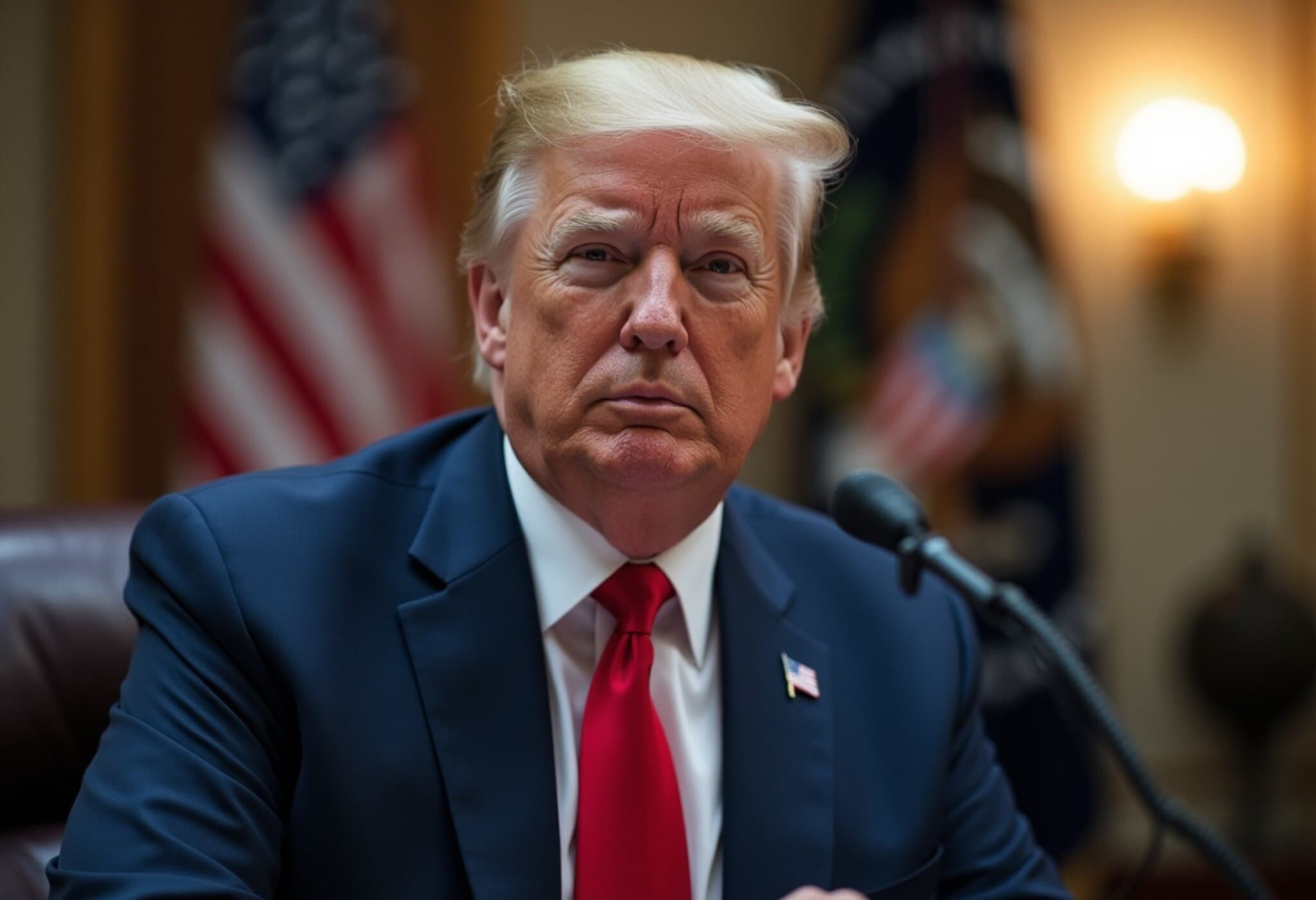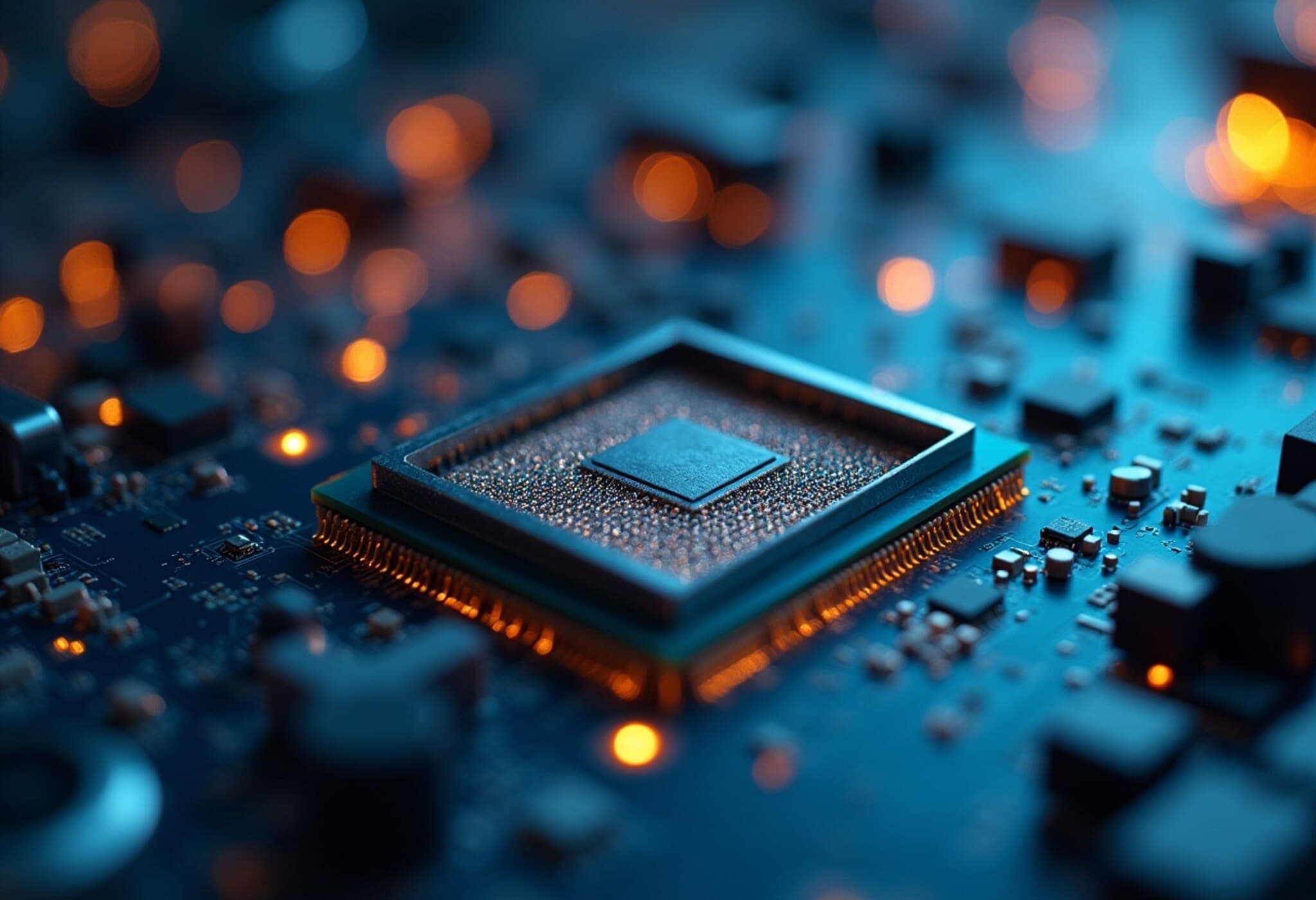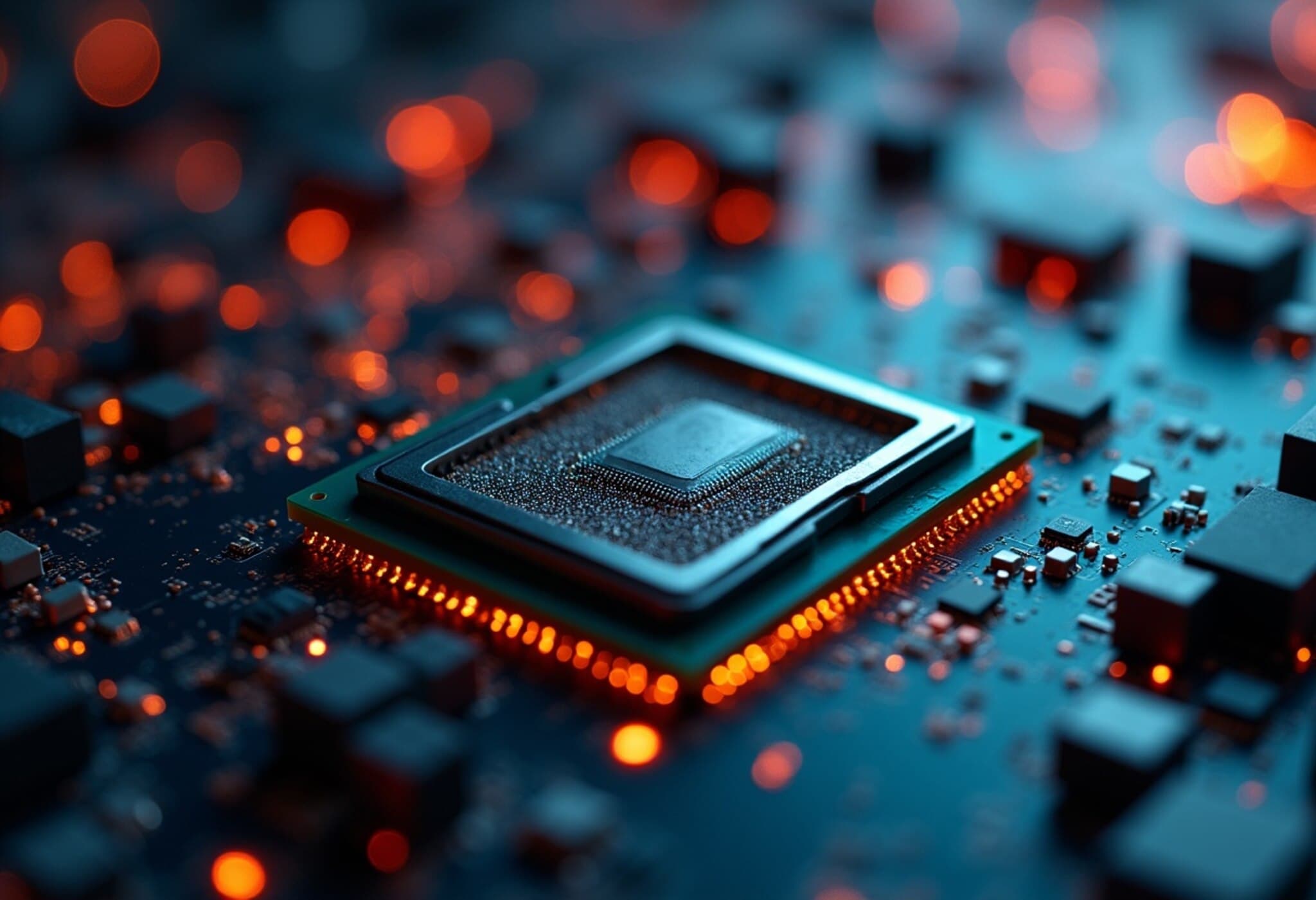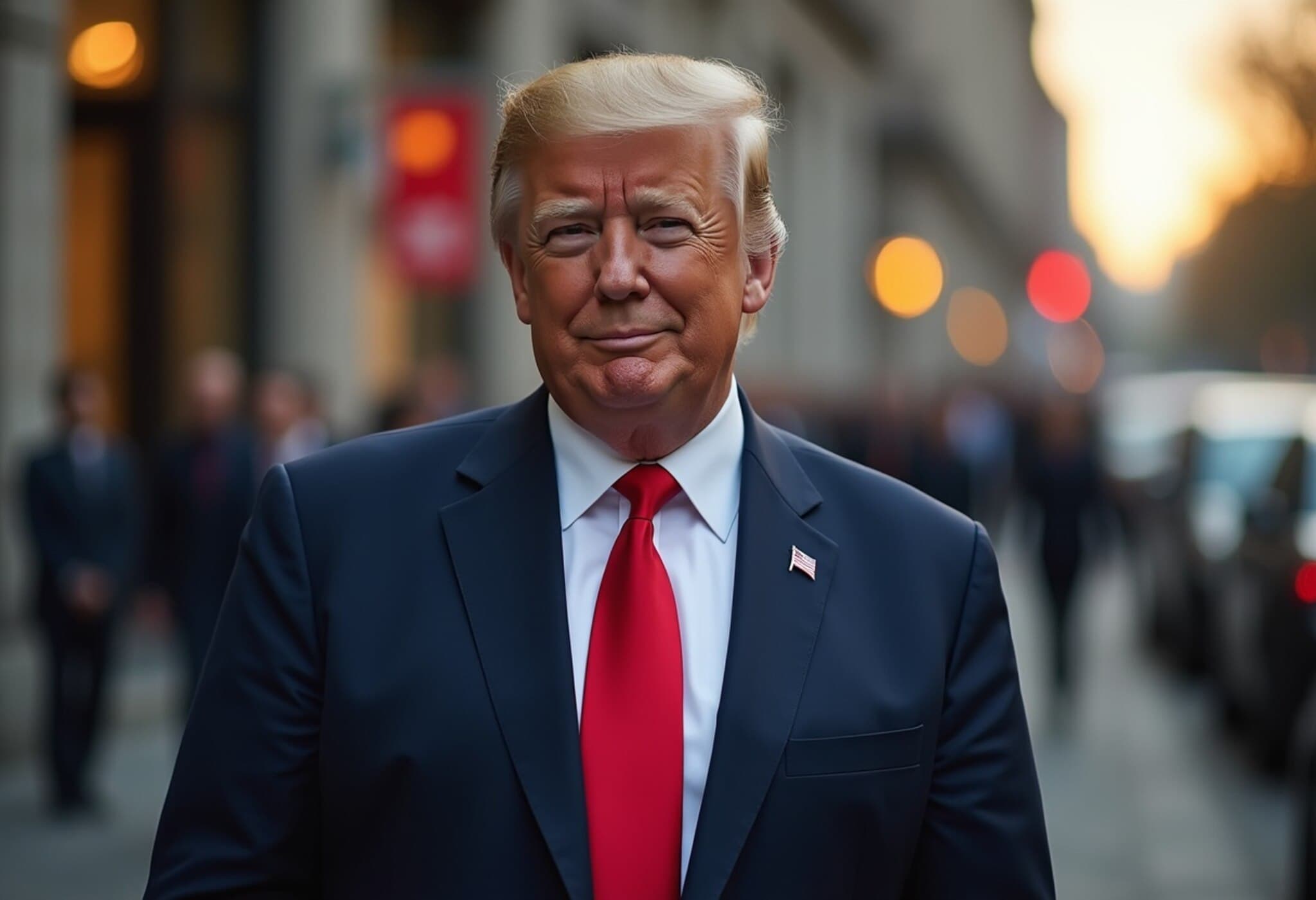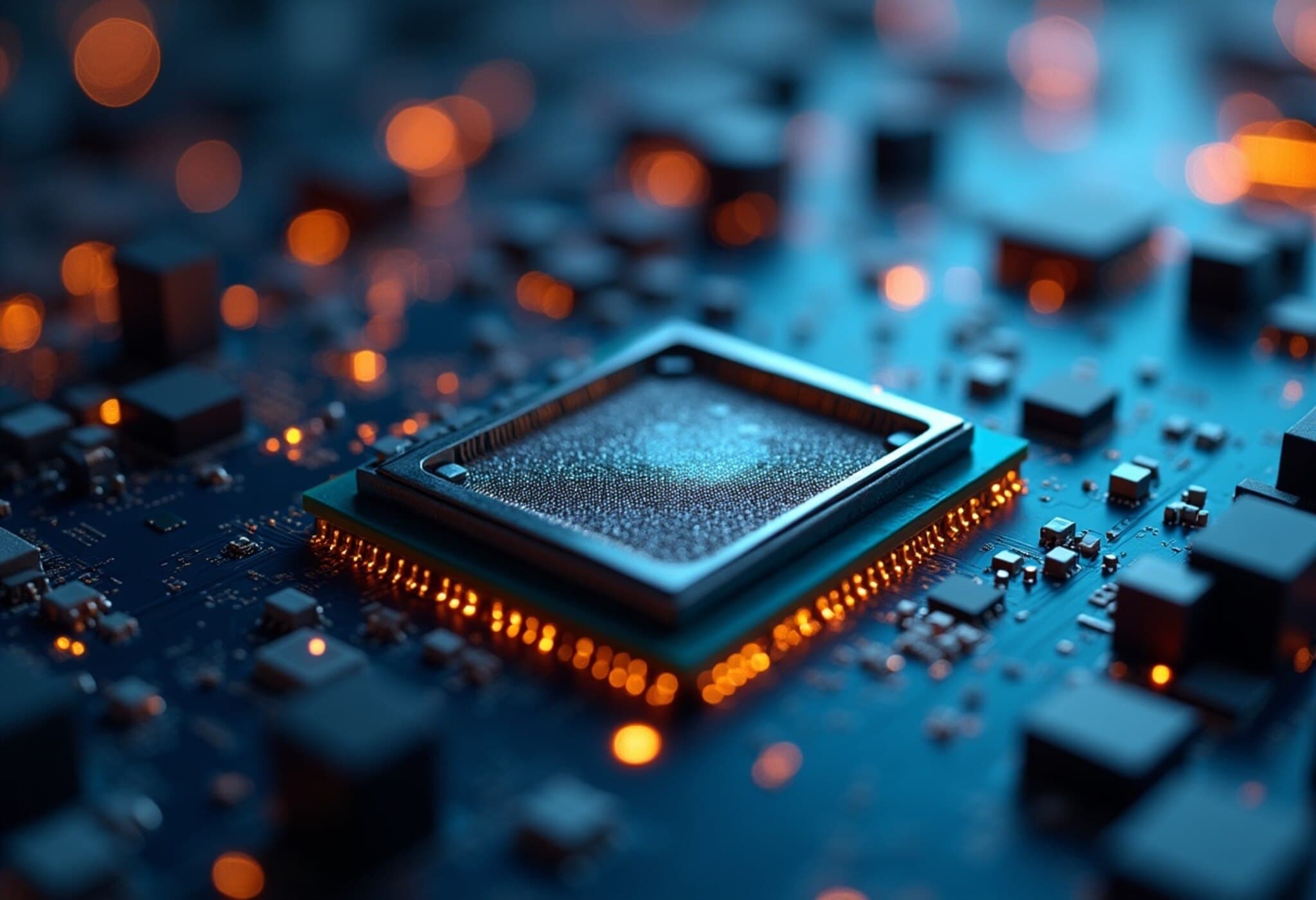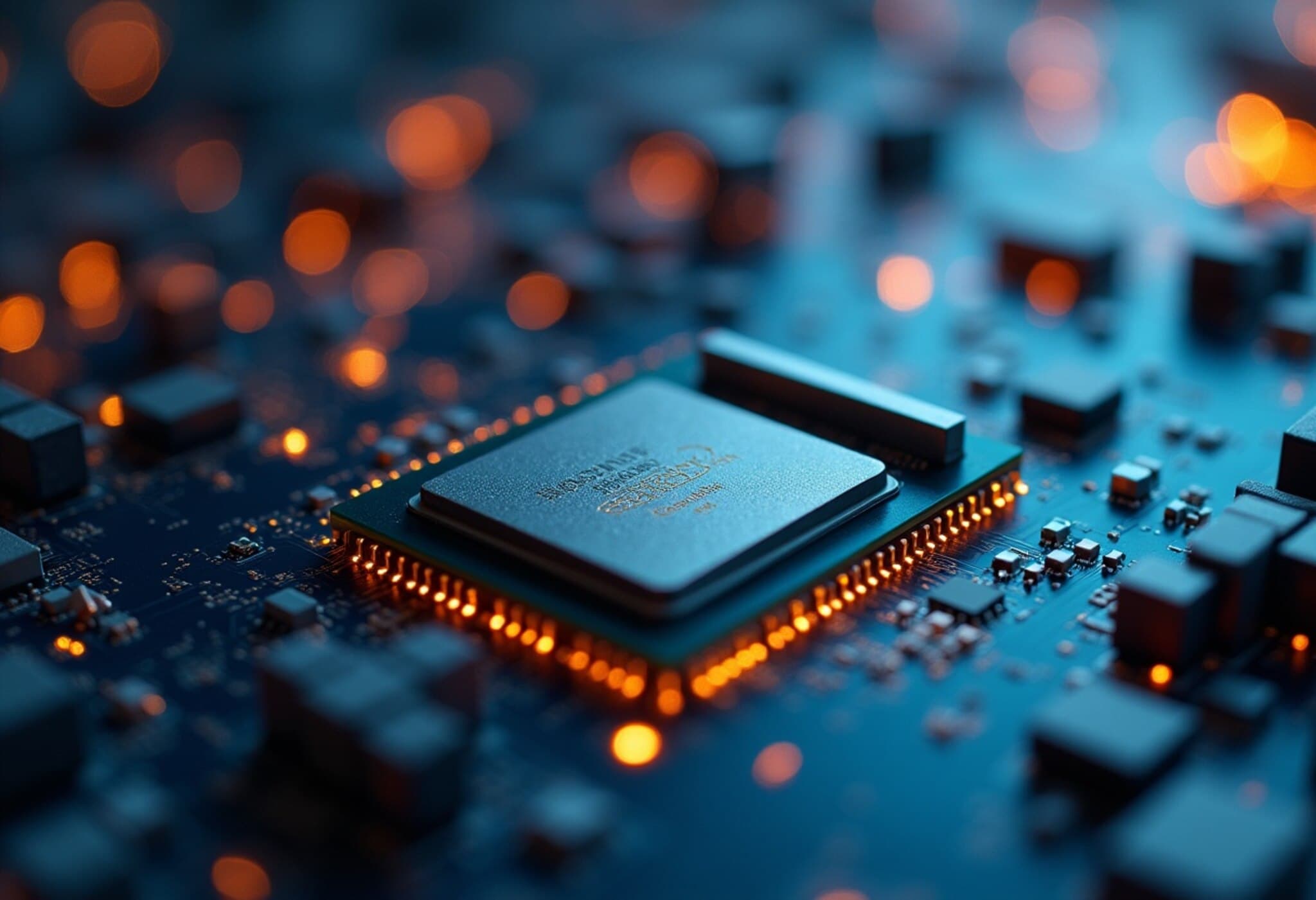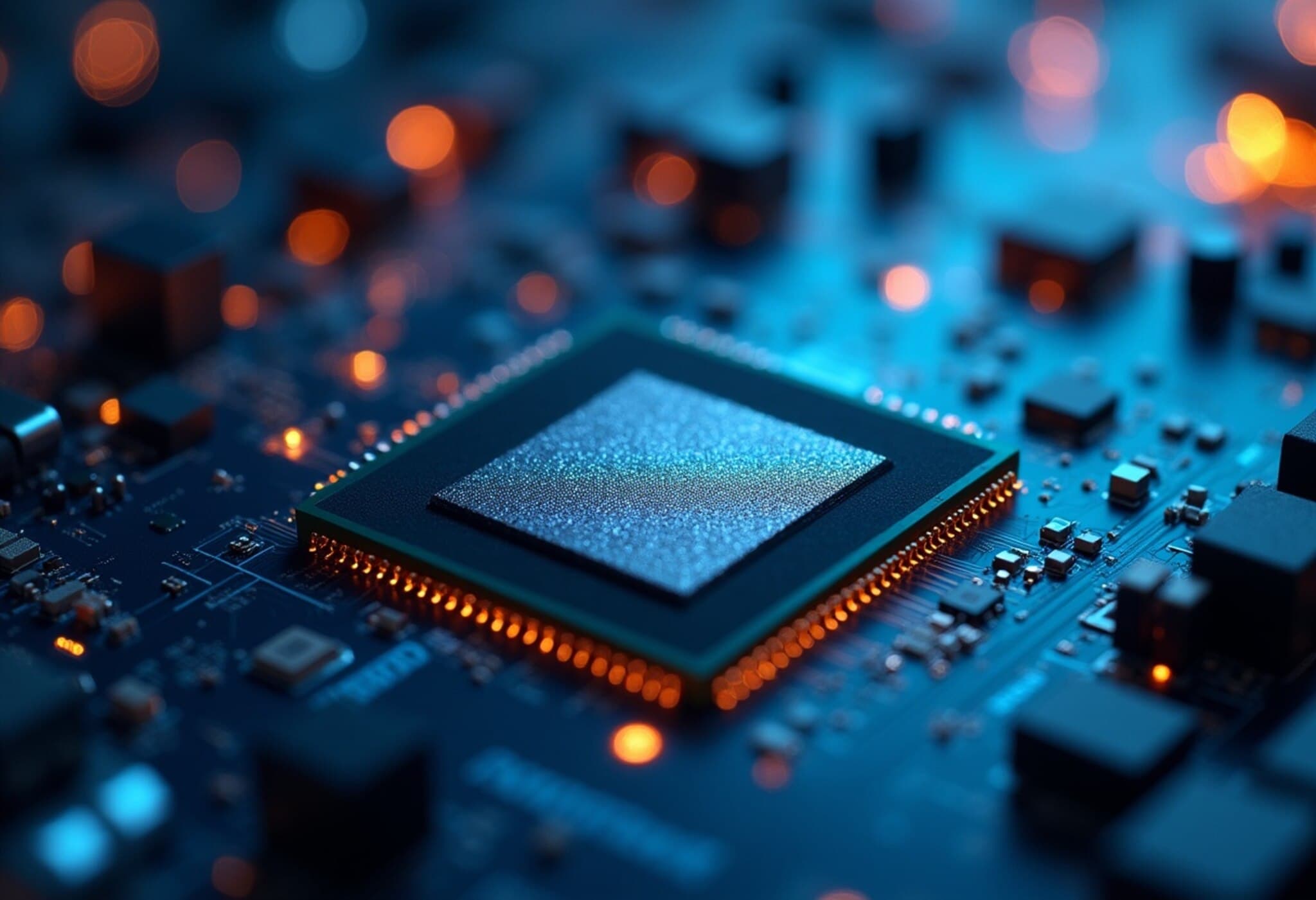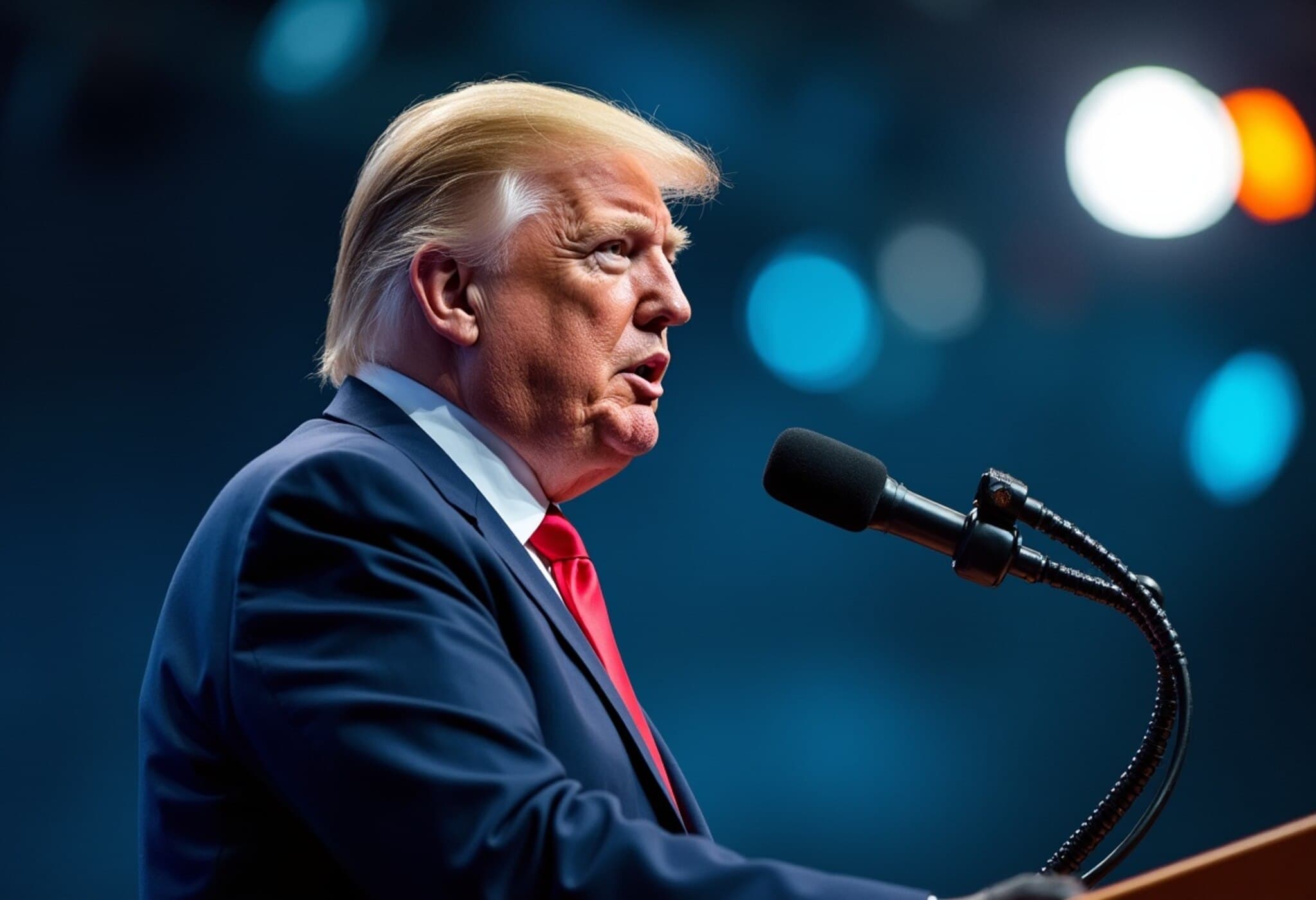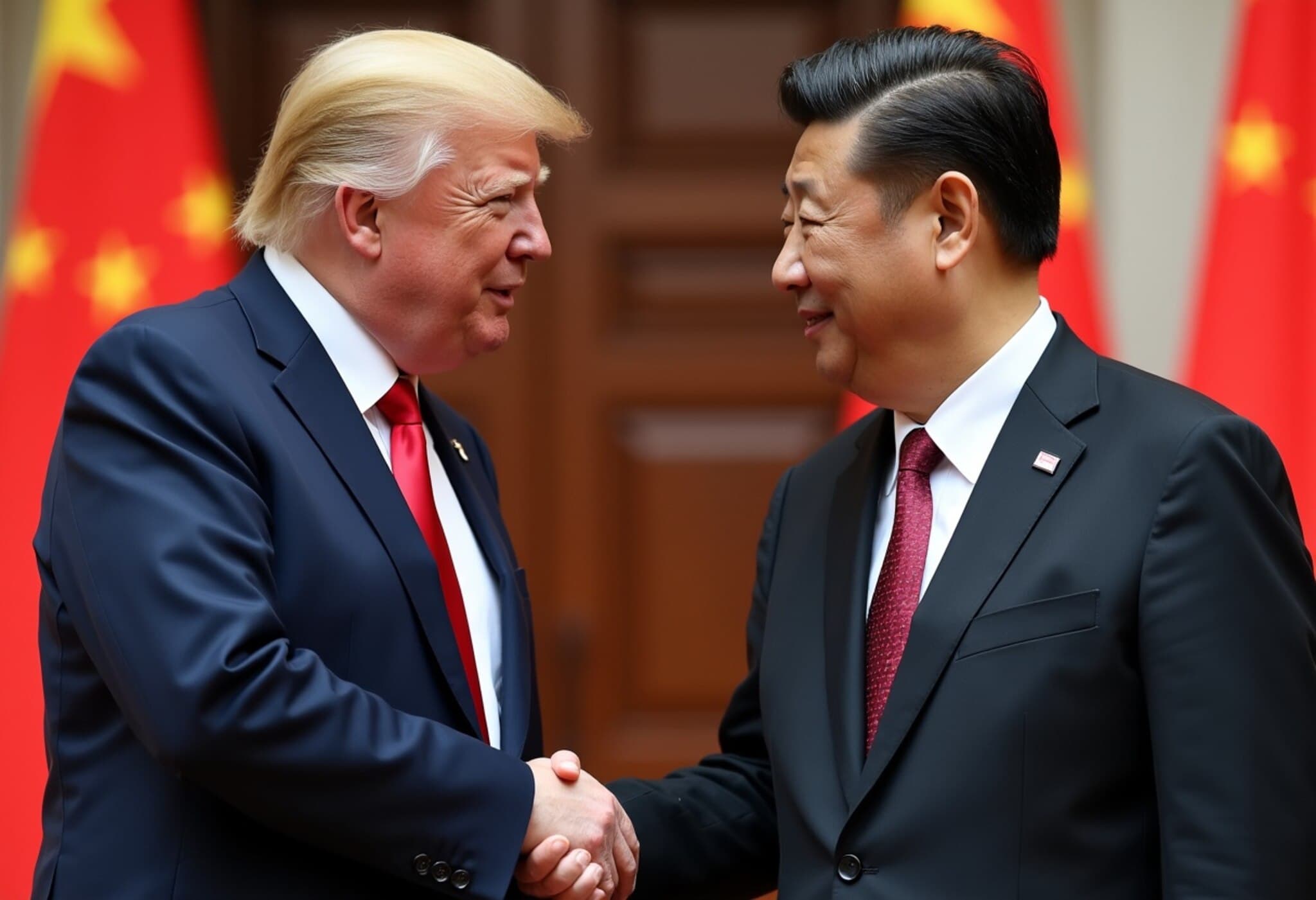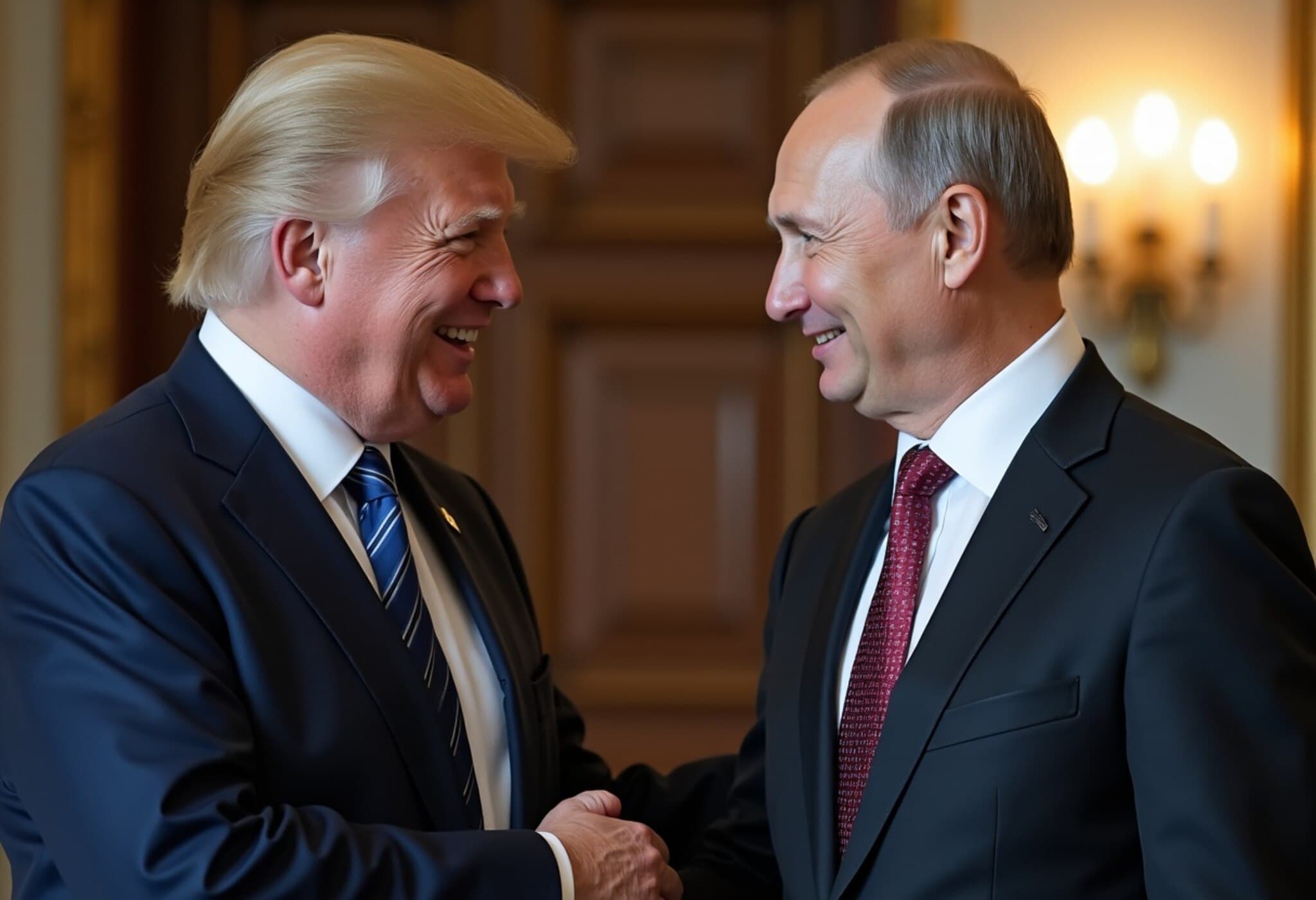Trump Calls for Intel CEO Lip-Bu Tan’s Immediate Resignation
In a forceful statement on August 7, 2025, former U.S. President Donald Trump publicly urged Intel CEO Lip-Bu Tan to step down, citing alleged conflicts of interest and connections to China that he warns could threaten American national security.
Trump’s message, posted on his social media platform Truth Social, declared: “The CEO of Intel is highly CONFLICTED and must resign, immediately. There is no other solution to this problem. Thank you for your attention to this problem!” This marked an escalation in scrutiny around Tan’s business dealings, following recent concerns raised by influential Republican lawmakers.
Political Pressure Mounts Over Tan’s Reported Chinese Investments
Senator Tom Cotton (R-Arkansas), a vocal figure on matters of China-U.S. security, has taken a hard line on Tan’s financial ties. Earlier this week, Cotton sent a letter to Intel’s board chair, Frank Yeary, referencing an April Reuters investigation that revealed Tan’s substantial investments in hundreds of Chinese companies—including some with alleged links to the Chinese military—either personally or through venture capital funds.
In a pointed message on X (formerly Twitter), Cotton emphasized the imperative of protecting taxpayer interests, particularly for firms benefiting from government grants:
“The new CEO of Intel reportedly has deep ties to the Chinese Communists. U.S. companies who receive government grants should be responsible stewards of taxpayer dollars and adhere to strict security regulations. The board of Intel owes Congress an explanation.”
The Republican criticism taps into broader anxieties about foreign influence within critical U.S. technology firms amid ongoing geopolitical tensions and competition in the semiconductor arena.
Market Reaction and Industry Implications
Following these developments, Intel’s stock experienced a notable dip, dropping nearly 5 percent in premarket trading, according to CNN. Investors’ jitters reflect the delicate balance between innovation, global interconnection, and safeguarding national interests.
This controversy unfolds at a pivotal moment for Intel, which faces rising competition globally and pressure to innovate while maintaining security standards demanded by U.S. government contracts and allies seeking to reduce dependency on foreign technology.
Expert Commentary: What This Means for U.S. Tech and Security
From a policy perspective, the situation underscores the challenges U.S. companies face in the era of globalization—especially those engaged in cutting-edge technology fields like semiconductors that are critical for both civilian and defense applications.
Experts argue that rigorous vetting of executive backgrounds and financial affiliations is essential to ensure corporate governance aligns with national security imperatives. As financial ties cross borders into countries considered strategic competitors, maintaining transparency becomes paramount.
However, some analysts caution that precipitate calls for resignation risk politicizing corporate leadership in complex global markets. They stress that robust compliance frameworks and government oversight, rather than swift executive dismissals, might better secure interests without undermining innovation.
Underreported Angles and Broader Questions
- How widespread are similar financial entanglements among other U.S. tech executives?
- What mechanisms can Congress implement to verify and regulate such ownership stakes without stifling global investment?
- Could this episode signal a turning point in U.S.-China corporate relations within strategic sectors?
- How will Intel’s board and the Biden administration respond to these allegations?
Looking Ahead
The intersection of corporate leadership, national security, and geopolitical rivalry is likely to intensify scrutiny on multinational firms. Intel’s response may set a precedent for handling executive conflicts of interest in sensitive industries.
Editor’s Note
The Intel controversy highlights the fragile nexus between globalization and security. As the U.S. tech sector navigates these choppy waters, the debate over appropriate oversight mechanisms remains open. Stakeholders must balance safeguarding innovations vital to national security with maintaining open markets that stimulate growth. This story will continue evolving as policymakers, corporate leaders, and investors weigh in.



